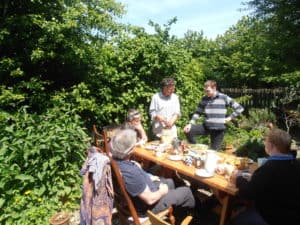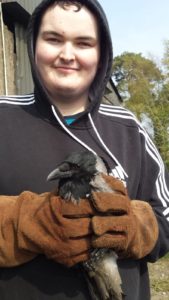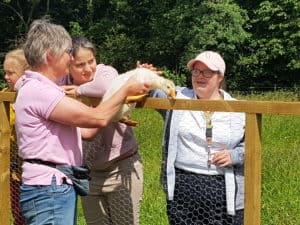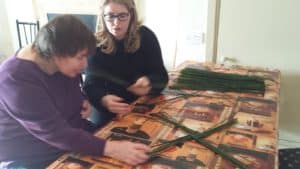Social Farming is relatively new in an Irish context and is unique in that it speaks to the growing multi-functionality of Irish farming, whilst also overlapping with current health and social care policy. It does this by providing supports and opportunities for inclusion to people with a range of needs and challenges.

Social farming involves facilitating participants with opportunities to engage in everyday activities on ordinary working farms, helping to increase their social skills, self-esteem and confidence. Those who participate in social farming can come from a range of backgrounds including people experiencing mental health issues, people with intellectual, physical and sensory disabilities, older people, the long-term unemployed, young people who are at risk, and refugees, among others.
Delve into our full Social Farming case study here: Case Study
 Participants themselves chose to become involved in social farming and placements are allocated based on the aims and objectives they wish to achieve from their placement, which generally takes place one day per week over a ten to twelve-week period.
Participants themselves chose to become involved in social farming and placements are allocated based on the aims and objectives they wish to achieve from their placement, which generally takes place one day per week over a ten to twelve-week period.
This case study details social farming in Ireland, how it works and the organisations that are involved in developing it further and also tells the story of one of the farmers Tommy Earley from Drumshanbo, Co. Leitrim who facilitates social farming on his farm. Tommy is a strong advocate of social farming in Ireland and tells us that “social farming works, it’s very good for the participants and its good for the farmer”.
To learn more about Social Farming in Ireland and to read more about Tommy’s experience of it please see the full case study here.



